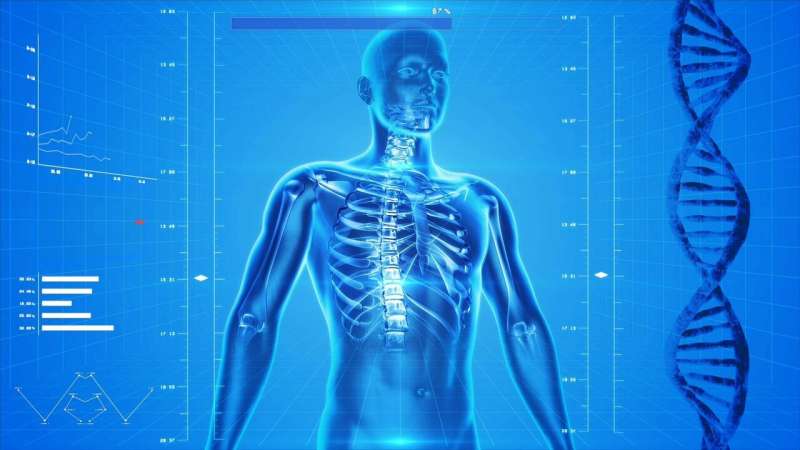
Researchers at Children’s Hospital of Philadelphia (CHOP) successfully developed and validated a new outcome measure to monitor disease severity and progression in patients with impaired skeletal muscle function caused by mitochondrial disease. This measure, named ‘Mitochondrial Myopathy-Composite Assessment Tool’ (‘MM-COAST’), is important to identify specific skeletal muscle and neurological problems in both children and adults with mitochondrial disease and may be used to measure response to treatment interventions in future clinical trials. The findings were published online in JCSM Clinical Reports.
Primary mitochondrial disease is a group of several hundred gene disorders that can result in a wide variety of debilitating symptoms. In particular, the disease can affect high-energy organs such as skeletal muscle and the brain. Mitochondrial myopathy refers to a subset within mitochondrial disease that predominantly impacts skeletal muscle function with symptoms of weakness, fatigue, and exercise intolerance.
Currently, no FDA-approved therapies exist for mitochondrial myopathy. One major barrier to developing effective therapies is the lack of specific outcome measures for mitochondrial disease. While validated and objective outcome measures exist in other neuromuscular disorders such as Spinal Muscular Atrophy (SMA) and Duchenne muscular atrophy, these focus mainly on muscle strength without capturing other key domains of mitochondrial myopathy such as exercise intolerance and muscle fatigue.
“Our findings demonstrate that identifying clinically meaningful, tolerable, and quantifiable outcome measures for mitochondrial myopathy in pediatric and adult patients is feasible,” said senior study author Zarazuela Zolkipli-Cunningham, MBChB, MRCP, an attending physician in the Mitochondrial Medicine Frontier Program at CHOP. “We identified specific clinical deficits in our patients that we would have otherwise not known about, as well as key differences in how myopathy symptoms manifest in pediatric and adult patients. The MM-COAST will enable us to accurately follow their symptoms over time in longitudinal studies and in future intervention trials.”
The MM-COAST outcome measurement evaluates a variety of key aspects of disease that contribute to the clinical problems in mitochondrial myopathy patients. Some of the measurements evaluate the degree of weakness in muscles of the elbows, hips and knees, wrists and ankles, muscle fatigue at the elbows and knees, balance, dexterity, and exercise capacity.
By integrating analyses across this series of measurements, the study team showed for the first time that mitochondrial myopathy patients presented with both proximal and distal muscle weakness, significantly impaired hand dexterity, and balance issues that differentially impacted adults and children.
Source: Read Full Article
